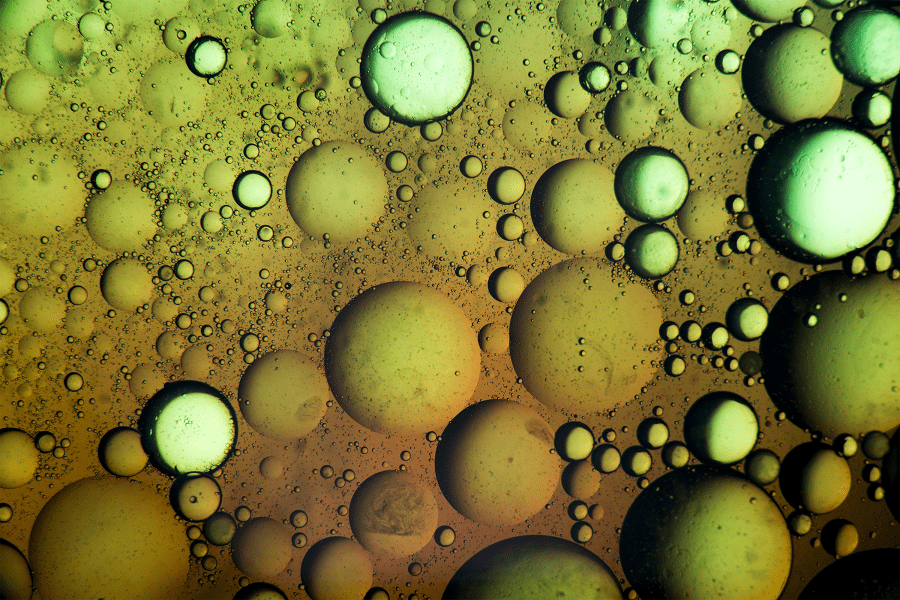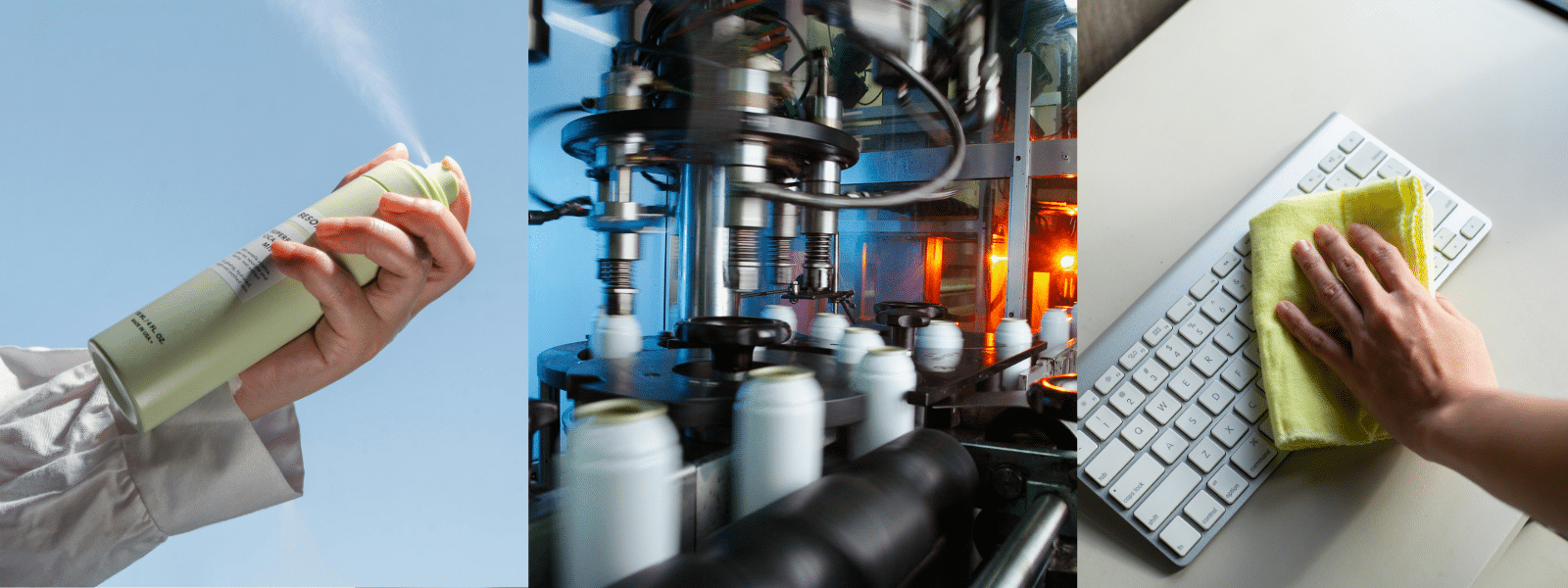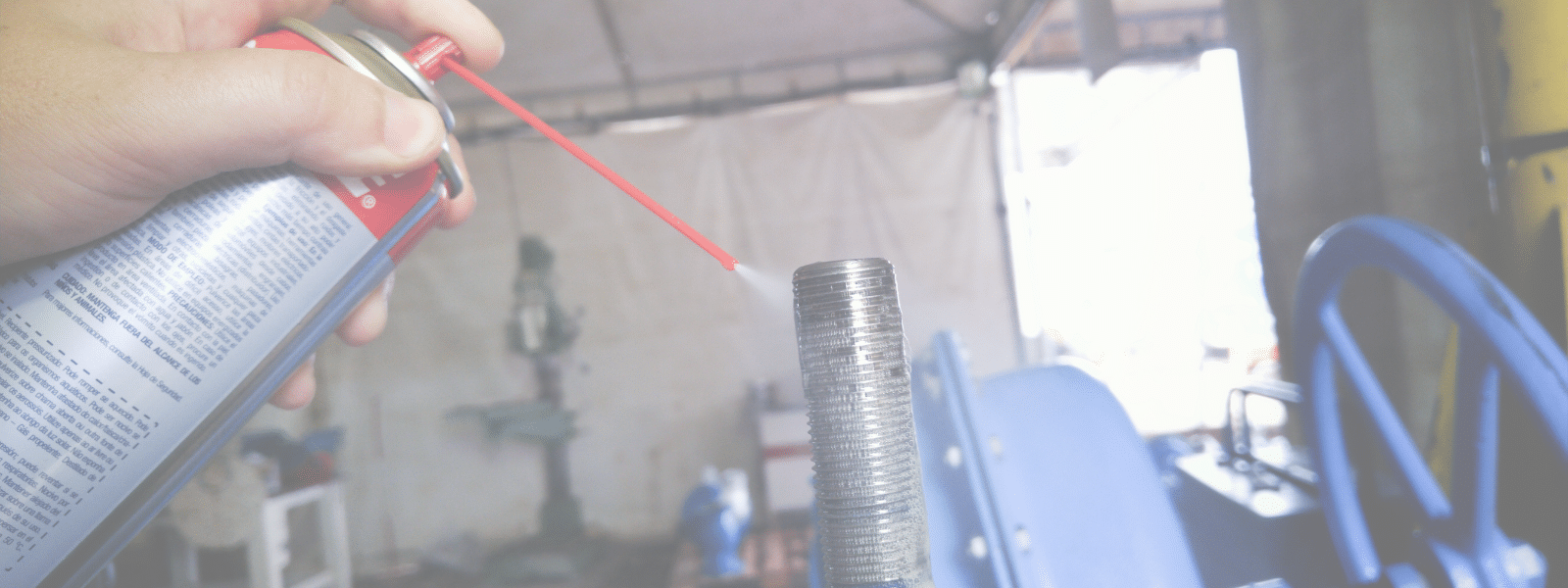Simply put, solvent evaporation rate is the rate at which a solvent evaporates ? the process of changing from liquid into vapor ? compared to the evaporation rate of another substance. Evaporation quantity is thus expressed as a ratio instead of in units.
The evaporation rate of water is a commonly used reference point for determining the “slow” or “fast” evaporation rate of solvents. A high rate or a low rate of evaporation is neither good nor bad. Rather, the impact of solvent evaporation rate depends on how a solvent is used, and whether its ingredients that evaporate are good or bad for workers and the environment.
Evaporation Rate: Fast and Slow
A solvent that has a high evaporation rate doesn’t possess the characteristic on accident. The product is formulated for an application that may deal with a specific product or area of products, such as a type of aeronautical equipment or general surfaces for aeronautical equipment.
From a chemical perspective, a fast evaporation rate is usually preferred for cleaning any product that has a low tolerance for moisture on the parts ? even for short periods of time. Electronics immediately come to mind. The presence of residual moisture can cause electrical equipment to short circuit and may lead to oxidation if trapped between part fittings.
From a practical perspective, a fast evaporation rate is preferred for two reasons, among others. First, so long as the solvent is efficacious for the application, the cleaning process is highly efficient. Second, a product with a fast solvent evaporation rate doesn’t contribute to the waste trap. The long-term financial benefit depends on how many of your solvents are fast evaporating versus how many are not.
Evaporation Rate: Potential Issues
If there’s a downside to a fast solvent evaporation rate, it’s that some fast-evaporating solvents have ingredients you’d rather not have in the air of the work environment. Even solvents that don’t have a toxic safety profile can release vapors that cause temporary ailments, such as coughing, watery eyes, and dizziness. They’re minor maladies, but they thwart productivity.
If you need to use a solvent that has these effects, taking two steps can help fix the productivity issue: Using an air filtration system that senses and removes airborne contaminants, and equipping workers with personal protective equipment (PPE) that is acceptable for the exposure risk. Alternatively, you could order a custom solvent that eliminates some safety concerns.
In the Market for New Solvents?
If so, we’d like to hear from you. Ecolink specializes in environmentally safe and environmentally preferred industrial solvents. Our solvents are designed to replace older, hazardous solvents, without sacrificing efficacy for safety. In addition to providing an array of stock solvents, we create custom formulations for users who require other than what a stock product provides.
For more information on solvent evaporation rate and our products and services, call us today at 800-563-1305, or send us an email through our contact form. We look forward to providing assistance and supplying a free test sample for the solvent of your choice!















